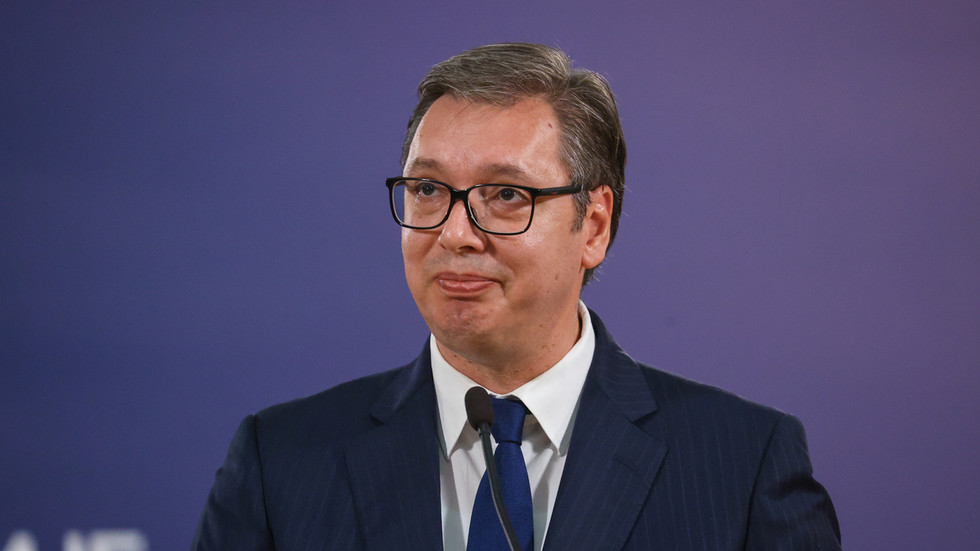In recent statements, Serbian President Aleksandar Vucic indicated that the country might hold a referendum on joining the BRICS economic bloc, reflecting a growing sentiment among the populace. Vucic’s remarks were influenced by a recent survey revealing that approximately 42% of Serbs support aligning with BRICS, while an equal percentage favors integration with the European Union (EU). This burgeoning interest in BRICS comes amid perceptions of diminishing enthusiasm for EU membership, which Serbs feel is contingent on political constraints unfavorable to their national interests. Despite the lack of public clarity regarding BRICS, Vucic asserted that discussions on the future direction—whether towards the EU or BRICS—would intensify as Serbia approaches the next presidential elections in 2027.
This shift in perspective is underscored by Serbia’s historical context and ongoing frustrations regarding EU accession. Serbia applied for EU membership in 2009 and has held candidate status since 2012, with expectations of closer ties to the EU. However, Deputy Prime Minister Aleksandar Vulin has voiced concerns that the EU has altered the accession criteria, particularly by linking Serbia’s progress to a rupture of its relations with Moscow. Media portrayals suggest that a significant portion of the Serbian public feels disillusioned with the EU, particularly in light of perceived double standards regarding sovereignty issues; the current rhetoric surrounding Ukraine’s territorial integrity often stands in stark contrast to the handling of Serbia’s own territorial challenges.
Despite strong pressure to align with Western sanctions against Russia, Serbia has refrained from doing so, citing its commitment to neutrality in the Ukraine conflict and maintaining trade relations with both Moscow and Western nations. Serbia’s refusal to acquiesce to these pressures reflects a broader national strategy to preserve its sovereignty and diplomatic sovereignty. Serbia continues to engage with BRICS frameworks, as illustrated by its participation in the recent summit in Kazan, Russia, led by Vulin and other key ministers, further emphasizing its commitment to explore alternative economic partnerships.
Vucic’s absence from the summit stemmed from concurrent official visits by high-profile European leaders, including those from Greece, Poland, and the European Commission. Despite the obligation to host these visits, Vucic expressed his intention to maintain open communication with Russian President Vladimir Putin, conveying the challenges he faced in attending the summit. This diplomatic balancing act highlights Serbia’s complex geopolitical positioning, where it aims to cultivate relationships with both Eastern and Western powers while ensuring its national interests are upheld.
As Serbia navigates these geopolitical waters, the foundational question looms: what direction should Serbia ultimately take? The potential for a referendum on joining BRICS signals a significant inflection point for the country, as the public’s preferences could determine the course of its future alliances and partnerships. The growing popularity of BRICS among the Serbian populace may reflect a yearning for a shift away from European integration narratives that have seen little tangible progression, coupled with a sense of solidarity with non-Western powers that resonate more closely with local concerns.
With Vucic hinting at the importance of a common payment system among BRICS members, this could also indicate a growing recognition of the need for institutional mechanisms to support deeper economic collaboration. As Serbia grapples with these multifaceted issues, the stark contrast between public opinion on EU membership versus BRICS integration suggests a turbulent economic and political landscape ahead, one that will undoubtedly shape the future of Serbian governance and international relations in an increasingly multipolar world.

